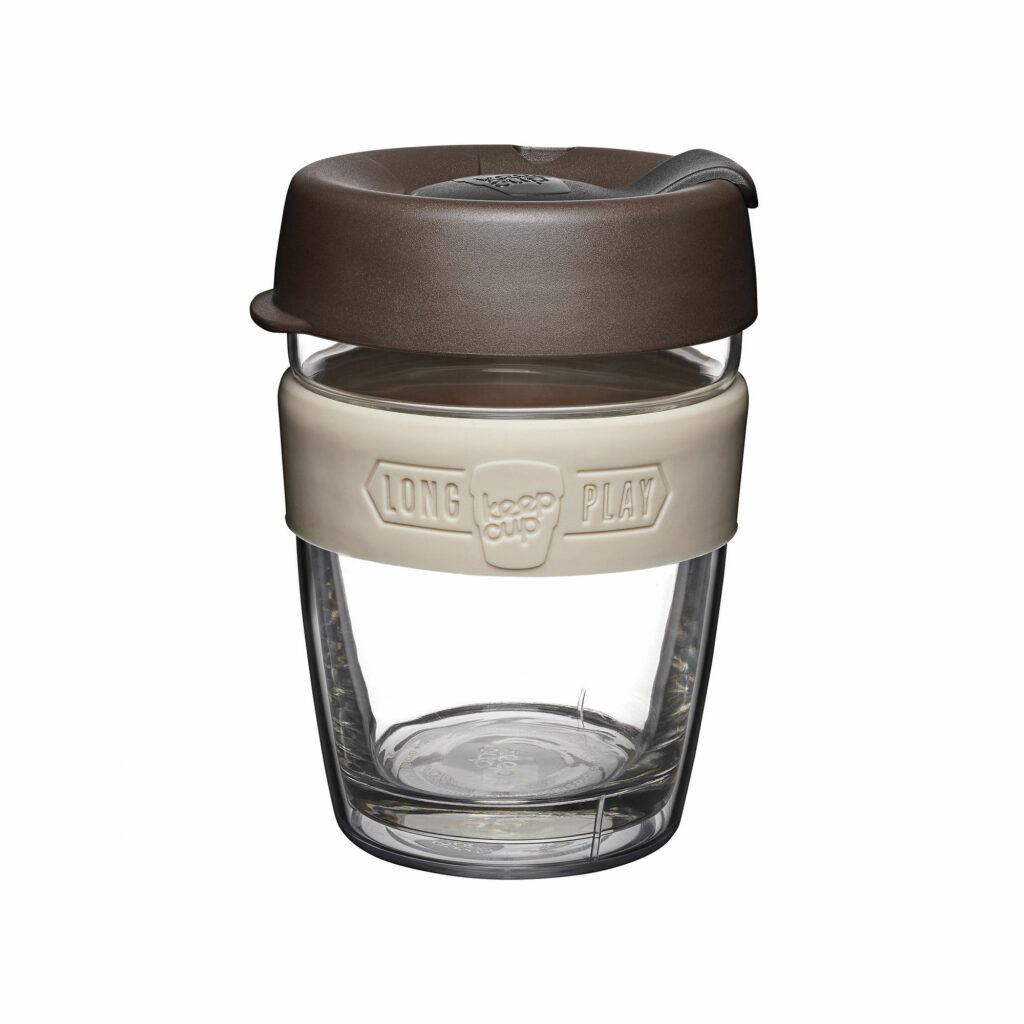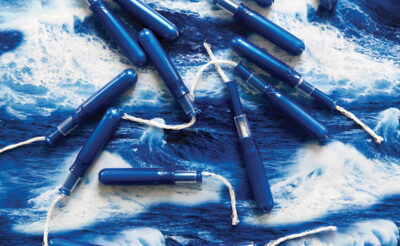From polluting oceans and harming wildlife to filling up landfills, plastic is having a devastating effect on our planet. Here's what you can do to help.
Avoid buying bottled water
Although plastic water bottles are one of the most common items in the world, they are also one of the most wasteful. Whenever possible, take your own drink bottle when you’re on the go.
Steer clear of frozen convenience foods
Convenience foods are often one of the worst culprits for excessive packaging waste. Typically, frozen food comes wrapped in plastic and packaged in cardboard, which is often lined with plastic, too. Unfortunately, it’s a shopping habit that will have to go if you’re serious about ditching plastic.
Invest in a reusable coffee cup
If you regularly find yourself buying takeaway coffee, it’s time to invest in a KeepCup to avoid creating more Styrofoam and plastic-lined cardboard waste. Most cafes are more than happy to oblige and even appreciate not having to buy their own cups to hand out. Some even offer discounts to those with their own cups.

KeepCup Brew Roast, thegreenecostore.com
Try buying in bulk
When possible avoid buying food in pre-portioned packaging and buy in bulk instead. So rather than buying 15 mini packs of biscuits or chips for school lunches, buy a large single packet and portion it into containers. You can easily apply this theory to yoghurt, custard, and anything else that can be bought in a larger size.
Stop using products containing microbeads
Microbeads may be small, but they’re causing big problems for our environment and our health. These tiny pieces of plastic are often used in personal care products (think face scrubs, body washes and even toothpaste) and are designed to go down the drain and into our lakes, rivers, and oceans. Once in the marine environment, microbeads release and absorb toxins, which then move throughout the food chain – even making their way to our own dinner plates.
Start using reusable shopping bags
According to one report, somewhere between five billion and one trillion plastic bags are used each year around the world. Although free to shoppers, plastic bags have a high environmental cost, which is why it’s important to take your own bags to the supermarket. And they don’t have to be the canvas, environmentally friendly kind if you don’t have any. Even just reusing plastic bags from your own kitchen cupboard can still help to reduce waste.

Baggu reusable shopping bag, baggu.com
Five plant-based ingredients you really want to see in your skincare.



